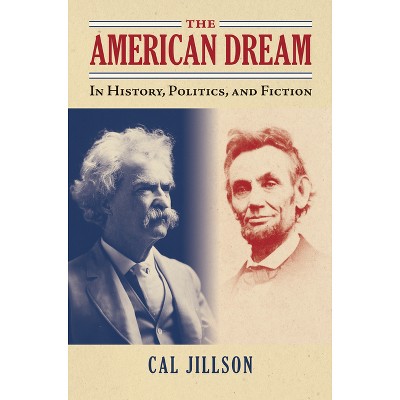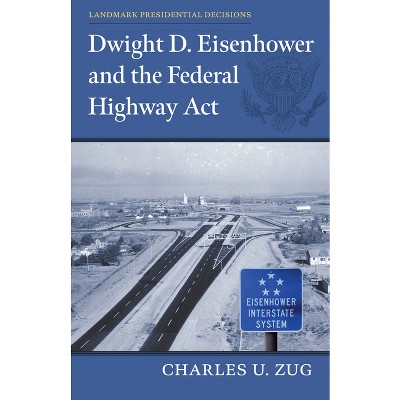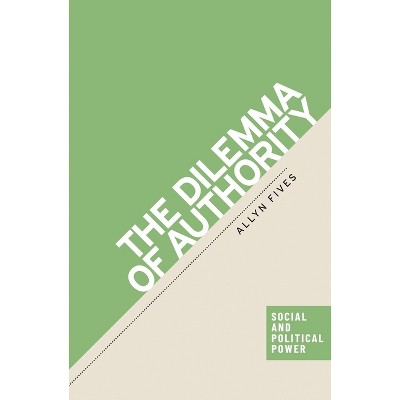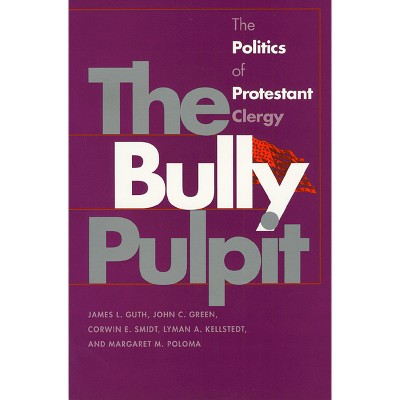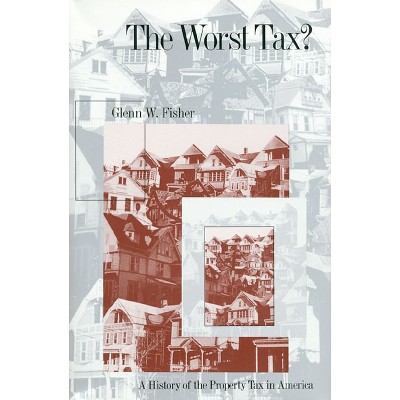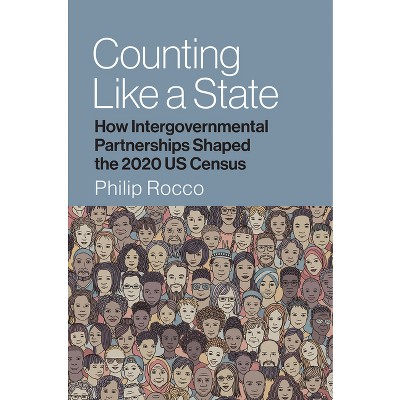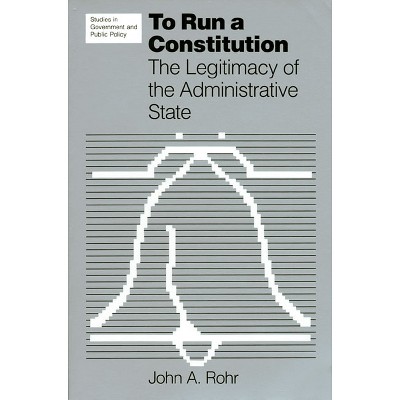Sponsored

Presidential Control Over Administration - (Studies in Government and Public Policy) by Patrick Obrien (Hardcover)
In Stock
Sponsored
About this item
Highlights
- The US Constitution recognizes the president as the sole legal head of the executive branch.
- Author(s): Patrick Obrien
- 344 Pages
- Political Science, American Government
- Series Name: Studies in Government and Public Policy
Description
About the Book
"The United States Constitution recognizes the president as the sole legal head of the executive branch and thus the one in charge of the administration. Despite this constitutional authority, the president's actual control over administration varies significantly in practice from one president to the next. Through extensive empirical analysis, Patrick O'Brien argues that presidential control over administration operates as a historical variable and functions as a key component of policymaking. To explain the different configurations of presidential control that recur throughout history and to test the argument, this book develops a new theory and then traces the policymaking process in the domain of public finance across nearly a century of history, beginning with the Great Depression and ending with the first two years of the Trump presidency. O'Brien shows that the initial efforts of Obama and Trump to change the established course during a period of unified party control of the government were largely undercut-or "effectively blocked," respectively-by their own limited control over administration. Due to factors such as time, knowledge, government structure, and incentives, O'Brien demonstrates that presidential control over administration conforms to four configurations that recur in succession: collapse, innovation, stabilization, and constraint. He then shows how these configurations played out in the New Deal, Reagan, and Great Recession eras, thus providing readers with an empirically tested theory for how unilateral and legislative policymaking differs over time. Presidential Control over Administration is a groundbreaking contribution to our understanding of the presidency and policymaking"--Book Synopsis
The US Constitution recognizes the president as the sole legal head of the executive branch. Despite this constitutional authority, the president's actual control over administration varies significantly in practice from one president to the next. Presidential Control over Administration provides a new approach for studying the presidency and policymaking that centers on this critical and often overlooked historical variable. To explain the different configurations of presidential control over administration that recur throughout history--collapse, innovation, stabilization, and constraint--O'Brien develops a new theory that incorporates historical variation in a combination of key restrictions such as time, knowledge, and the structure of government as well as key incentives such as providing acceptable performance and implementing preferred policies. O'Brien then tests the argument by tracing the policymaking process in the domain of public finance across nearly a century of history, beginning with President Herbert Hoover during the Great Depression and ending with the first two years of the Trump presidency. Although the book focuses on historical variation in presidential control, especially during the New Deal era and the Reagan era, the theory and empirical analysis are highly relevant for recent incumbents. In particular, O'Brien shows that during the Great Recession and beyond the initial efforts of Presidents Barack Obama and Donald Trump to change the established course during a period of unified party control of the government were largely undercut by each president's limited control over administration. Presidential Control over Administration is a groundbreaking contribution to our understanding of the presidency and policymaking.Review Quotes
"An insightful analysis of the cyclical dynamics inherent in presidential management of the macroeconomy."--Congress & the Presidency
"Much of our thinking about presidential power rests on the assumption of certain structural advantages that allow incumbents to amass information from the executive branch and seize the initiative in policymaking. Presidential Control Over Administration unravels these assumptions. O'Brien shows us an executive branch in which the presidency's alleged advantages vary widely from one incumbent to the next and from one policy area to another. Looking specifically at public finance, he shows us that variations in presidential control are not random but recur in extended sequences. In explaining these patterns, he has taken presidential studies a big step forward."--Stephen Skowronek, Pelatiah Perit Professor of Political and Social Science, Yale University, and author of Presidential Leadership in Political Time
"O'Brien's book makes a very important argument about the centrality of presidential control of administration as a historical variable in explaining policy making variations. It improves upon the existing presidency literature, which does not take adequate account of this variable. In other words, the author pays due attention to the importance of the president's executive team and how it has functioned under various presidents and how that difference affects policy. Previous work in this field simply does not do so and therefore this book should be considered path breaking. The author combines a complex and subtle understanding of public finance and public finance policymaking with a mastery of both the presidency and American political development fields of scholarship. He may well be unique in this combination of scholarly accomplishments."--Marc Landy, professor, Boston College, and coauthor of Presidential Greatness
Shipping details
Return details
Trending Non-Fiction


